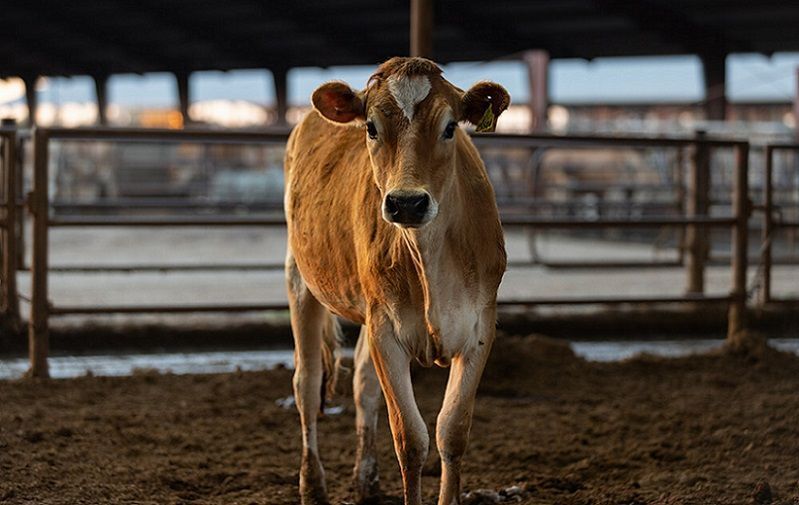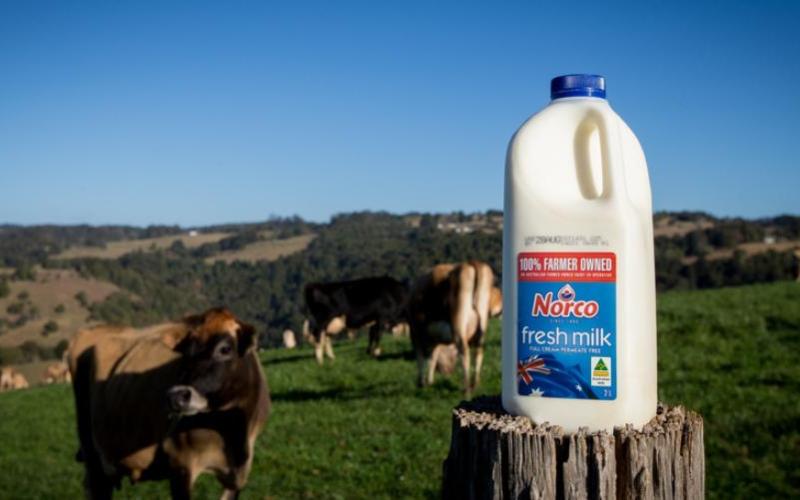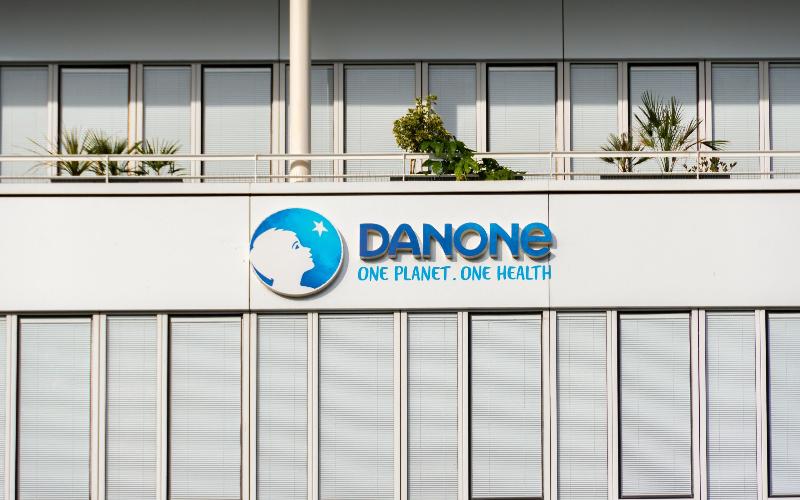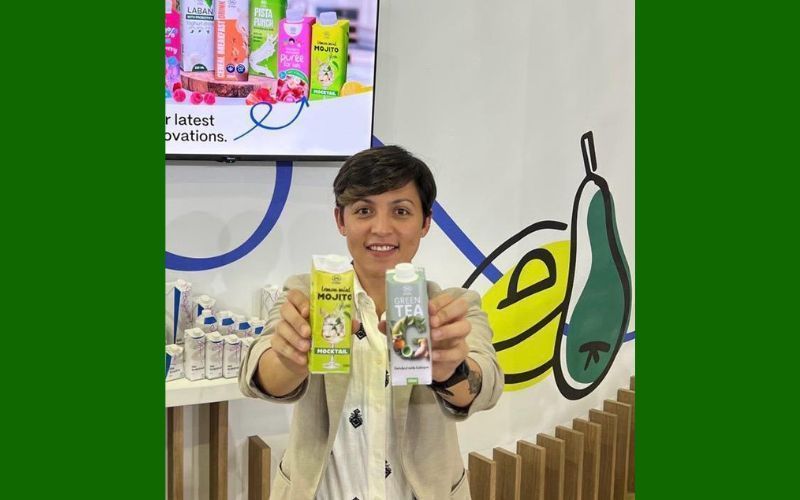Dairy Plus Program Awards Nearly $18 Million to Advance Greenhouse Gas Reduction Projects on California Dairies
Sourse: The DairyNews
In a collaborative effort, the California Dairy Research Foundation (CDRF) and the Department of Food and Agriculture (CDFA) Office of Environmental Farming and Innovation have allocated $17.97 million in grant funding through the Dairy Plus Program.

This initiative supports 15 California dairy farm projects, aligning with the Alternative Manure Management Program (AMMP) and Dairy Digester Research and Development Program (DDRDP) projects.
Denise Mullinax, Executive Director of CDRF, expressed enthusiasm for the inaugural round of Dairy Plus Program projects, emphasizing their potential to significantly enhance environmental sustainability on California dairy farms. The selected projects aim to reduce greenhouse gas emissions and improve nitrogen management, working in tandem with AMMP and DDRDP programs that incentivize methane reduction projects.
The Dairy Plus Program focuses on incentivizing practices that increase the dry handling and storage of manure to minimize methane production or capture methane via digesters. Beyond methane reduction, these practices enhance nutrient management and water quality outcomes. The funded projects include vermifiltration (manure wastewater filtration using worm beds), advanced solid separation with flocculants (coagulation of fine manure solids for separation), and weeping walls (non-mechanical separation of manure solids from water).
In addition to supporting emerging technologies, Dairy Plus Program incentive funds will be used to implement full-scale projects, with UC researchers measuring emission reductions and improved water quality outcomes. The program is part of the Partnerships for Climate-Smart Commodities grant awarded to CDRF by the U.S. Department of Agriculture (USDA), with funding provided through CDRF in collaboration with CDFA.
The awarded projects are projected to collectively reduce greenhouse gas emissions by 148,451 metric tons of carbon dioxide equivalents (MTCO2e) annually. This reduction is equivalent to removing about 32,600 cars from the road each year. Incentive programs like Dairy Plus play a crucial role in empowering California dairy farmers to uphold their longstanding leadership in adopting innovative and environmentally conscious farming practices.
Denise Mullinax, Executive Director of CDRF, expressed enthusiasm for the inaugural round of Dairy Plus Program projects, emphasizing their potential to significantly enhance environmental sustainability on California dairy farms. The selected projects aim to reduce greenhouse gas emissions and improve nitrogen management, working in tandem with AMMP and DDRDP programs that incentivize methane reduction projects.
The Dairy Plus Program focuses on incentivizing practices that increase the dry handling and storage of manure to minimize methane production or capture methane via digesters. Beyond methane reduction, these practices enhance nutrient management and water quality outcomes. The funded projects include vermifiltration (manure wastewater filtration using worm beds), advanced solid separation with flocculants (coagulation of fine manure solids for separation), and weeping walls (non-mechanical separation of manure solids from water).
In addition to supporting emerging technologies, Dairy Plus Program incentive funds will be used to implement full-scale projects, with UC researchers measuring emission reductions and improved water quality outcomes. The program is part of the Partnerships for Climate-Smart Commodities grant awarded to CDRF by the U.S. Department of Agriculture (USDA), with funding provided through CDRF in collaboration with CDFA.
The awarded projects are projected to collectively reduce greenhouse gas emissions by 148,451 metric tons of carbon dioxide equivalents (MTCO2e) annually. This reduction is equivalent to removing about 32,600 cars from the road each year. Incentive programs like Dairy Plus play a crucial role in empowering California dairy farmers to uphold their longstanding leadership in adopting innovative and environmentally conscious farming practices.














